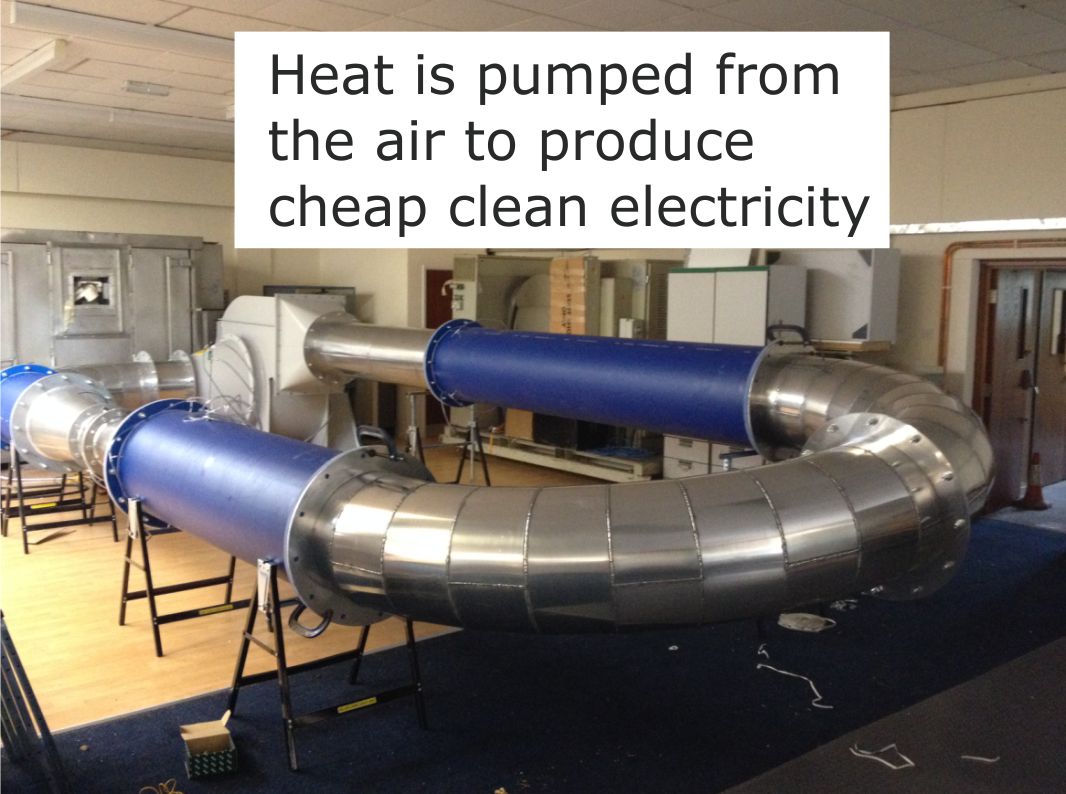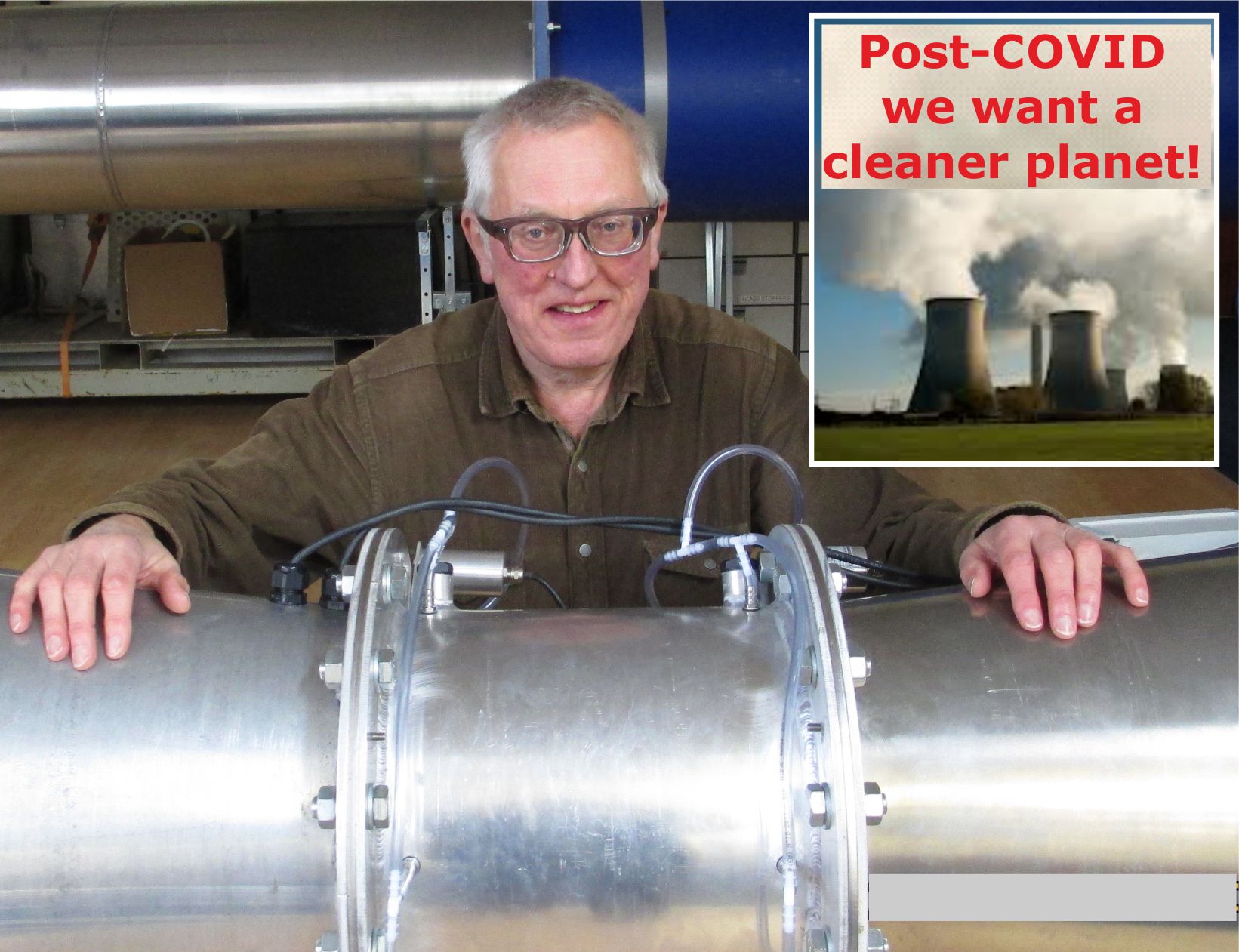Latent Power Turbines

Modern heat pump based central heating systems appear to defy logic by running on heat extracted from cold winter air.
LP Turbines build on this counterintuitive idea to do something equally surprising: they can extract heat from cold winter air and convert it into electricity.
Their heat pump design allows them to work anywhere on the planet, from Siberia to the Sahara, without requiring daylight or winds to drive them.
Here are the main links.
- We explain the science of how they work on this linked page.
- The many ways in which LP Turbines could revitalise the world economy in the post-COVID era are outlined on this page.
- We explain how LP Turbines can exploit abandoned mines and factories to create new jobs for blue collar workers.
- We explain how LP Turbines could eliminate extreme poverty in the developing world.
************************************************
Resource File: Delivering an Oil-Free World Economy
This PDF file contains original ideas for green energy research projects, essays and businesses.
****************************************************************
Did doublethink science make the climate crisis inevitable?
The argument is made that Doublethink Science has resulted in the wrong technologies being developed to power our modern lives. (This argument links in with the Latent Power Turbine articles.)
***********************************************
The threat to railways from self-driving cars
Unless we take swift action, the railway age will soon be over.
Self driving cars that chauffeur us around city streets are a long way off. But cars fitted with ‘electronic eyes’ and artificial intelligence could be driving us along British motorways by 2026.
It is these motorway chauffeurs that pose the greatest threat to railways.
We propose three railway innovations to swing the future back in favour of railways.
************************************************
Learning from the Afghanistan and Ukraine disasters
The use of Western military might to impose Western values in Afghanistan, Iraq and Libya have all ended in disaster.
The opposite has happened in Ukraine because the West gave the impression that it had gone soft.
Perhaps the time has come to learn a football lesson.
****************************************
An alternative to the Grenfell Tower design
In the aftermath of the Grenfell Tower tragedy, society has a moral obligation to completely reassess how people are housed in our crowded cities.
Take a look at this webpage for an innovative design to get the debate moving.
We have added some nudge psychology to promote the mental and physical health of the residents.
*****************************************************************
Improving the safety of driverless cars
At the dawn of the age of self driving s cars, drivers face up to ten new driving hazards created by the very technology that is supposed to make driving safer.
We will outline the ten hazards and then explain how a new British invention could reduce them to acceptable levels.
**********************************
House Prices
"Bricks and mortar" make a sound investment at a time of uncertainty. But young people are finding it difficult to enter the market.
We suggest a financial invention to prevent house price bubbles
**********************************
Flood reduction farming

Problem: Modern large field farming has reduced the water holding capacity of the land and accelerated soil erosion is silting up our rivers and land drains.
Solution: Return to the smaller, more sheltered farm fields of the early Victorian era, but use teams of robot tractors instead of labour intensive horse drawn ploughs, in order to keep food production costs down.
**********************************
The boat people: A low cost, more human alternative to Rwanda
Compassion vs. Fear



